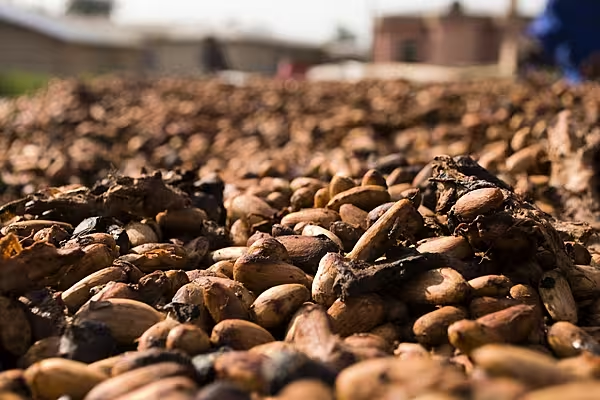The full implementation of the December Brexit deal is vital to protect complex all-island supply chains, according to an Irish food industry group.
Food Drink Ireland (FDI), the Ibec group that represents the food industry, said that new barriers as a result of the UK leaving the customs union would be a “major blow” to the Irish food industry, with the prepared consumer food (PCF) sector particularly exposed.
The FDI said that a deal now needs to be put into a binding legal contract so there can be no “back-sliding” on clearly agreed commitments.
The group added that it was increasingly concerned at the direction of the UK political debate, with the increasing likelihood of a divisive and damaging divorce as a result of the ruling out of a future EU-UK customs union.
It added that it is in the collective interests that this decision be revisited.
Trade Disruption
“If the UK insists on leaving a customs union with the EU it will result in a significant disruption to trade,” said Kevin McPartlan, director of prepared consumer foods, FDI.
Since the outcome of the referendum in June 2016, agri-food has already seen exports to the UK drop in 2016 by €570 million at the cost of 5,700 jobs according to Ibec.
“While the December deal should protect all-island supply chains, new barriers to east-west trade with Britain would be a major blow to the Irish food industry,” McPartlan added. “Prepared consumer food (PCF) companies are particularly exposed. The gross output of the Irish PCF sector is €4.5 billion, and €2.5 billion of that is exported. 65% of all PCF exports are to the UK.”
Issues And Priorities
A new survey of PCF companies highlighted several key issues including sustaining low margin business in the UK, a further weakening sterling and possible tariffs. Supply chain cost increases as a result of Brexit and deferred investments due to uncertainty were also among the key concerns.
The report also identifies priorities for the sector as Brexit negotiations progress to phase two. The FDI argues for free and unfettered access to the UK market for Irish business. Further it argues for the need for an agreement that takes the special case of the all-island economy into account.
The report also urges for there to be transitional agreements of sufficient length for businesses to plan and prepare for any new free trade agreement. Finally the report said that any arrangements to deal with the Irish border should ensure strict adherence to EU regulations and customs duties for all products, in particular from third countries.
“Prepared consumer food companies are the life-blood of the Irish economy,” said McPartlan. “They directly employ over 20,000 people and support the employment of many thousands more across the entire country, in small and medium enterprises as well as major multinationals. They depend on cross border supply chains and infrastructure, are prone to currency variation, rely on access to the UK market and need common regulatory regimes more than any other sector of the economy.
“It is vital that a future EU-UK deal delivers free and unfettered access to the UK market, an agreement that takes account of the reality of our all-island economy, a transition period of sufficient duration to allow businesses to prepare for the new environment and border arrangements which ensure strict adherence to EU regulations and customs,” he added.
© 2018 - Checkout Magazine by Kevin Duggan









